You educate a man; you educate a man. You educate a woman; you educate a generation.
Brigham Young
A fundamental requirement that affects the development of all economies all around the world is education. The improvement of the weakest in society should be seen in the intellectual health of people, especially girl children.
130 million females worldwide are currently not in schools. The majority of third-world nations restrict girls from receiving a decent education for a variety of reasons, including poverty, ignorance, child marriage, and extreme religiosity forbidding girls from attending school and becoming financially and emotionally independent.
The objective of improving education for young girls and women is taken up by several NGOs and other humanitarian organisations.
Data on Female Education
The biggest number of illiterate women in the world— 200 million— live in India alone. About 23 percent of girls drop out of girls upon reaching puberty. This is despite the fact that everyone is entitled to free and compulsory education as accorded in the constitution of India.
Some Challenges
The main obstacle to female education is poverty. There are other additional financial expenses involved in getting an education which frequently discourages the families of the girls. Poor families avoid enrolling their daughters in schools because of the high cost of supplies, bus fares, and other expenses.
Additionally, the World Bank reports that poverty is still the biggest contributor to illiteracy. Other resources like textbooks, clothing, and transportation options are as crucial to making education accessible to all students.
Early marriage is a significant problem in many nations. According to UNICEF, 700 million women worldwide are married off before turning 18 years old. In Sub-Saharan Africa and Southeast Asia, 4 out of 10 females get married before they finish their schooling. Early pregnancy, marital abuse, and other consequences are only a few of the major problems that result from child marriage.
Domestic Housework
Research found that girls worldwide spend 40% of their time on unpaid household tasks including cooking and cleaning, among other things. In developing nations, girls between the ages of 14-20 bear a higher share of the burden of domestic duties than boys do. More time spent on housework eventually results in less time for school.
How Can NGOs Strengthen the Education of Girls?
Around India and the world, several NGOs support girl child education and work closely with those in need. NGOs contribute in some ways to improve girl education globally.
Promoting Awareness Through an NGO Website
NGOs engage in activities that aid in promoting girl child education and making people aware of its significance, the benefits it can have for their families, and how it can make them stronger both socially and economically.
The majority of the most disadvantaged social groups aren’t aware of the benefits that education may have on society. Because of this, it may be challenging for them to educate girls.
NGOs and other advocacy/service-based groups must create a public understanding of the need for girl child education and learning. These activities need planning in areas where the literacy rates of girls and women are particularly low.
Offering Professional Opportunities
Free education for girls should not just cover the fundamentals; it should also provide them access to future opportunities, career coaching, and the freedom to apply their learnings in areas in which they thrive.
Lack of work chances can be discouraging and convey the message that education does not guarantee job security, thus to put their education degrees to good use, they need to find a vocation and employment opportunities.
The objective should be to empower and make women of every age self-sufficient, and this should involve livelihood training, interview preparations, and placements.
Free Education
NGOs receive funding from a variety of individual and corporate partners utilised to give females free education. The provision of books, food, and amenities like clean water, power, and furniture in schools are only a few of the many other features of free education. They also award deserving students with scholarships for their achievements.
Workshops for Skill Development
In addition to providing basic education, NGOs should provide several workshops for skill development. A variety of skill development training/workshops help young girls and women advance their talents and achieve financial independence.
The abilities they possess later on open doors to job prospects, enable them to launch their own businesses, and take complete control of their lives.
Women of all ages have a right to basic and high-quality education. This is true regardless of their age. Many women throughout the world never got the chance to attend school and get a good education. But we can reverse that.
All ages should be encouraged to pursue an education and taught a variety of skills that can help them become independent and economically robust.
Smile Foundation and Women’s Education
Everyone must have access to free education, and if we want to give our women more power, we must work together to fund their education through an NGO website like Smile Foundation. This will dispel long-standing stigmas against girl child education and make the girl children realise their true potential.
Learn more about our initiative She Can Fly here focused on enabling young women and girls to become self-reliant and reach their full potential through interventions in education, vocational and skill training, and healthcare and nutrition.
Join hands with us to empower our country’s daughters today, so that they can help India grow tomorrow!

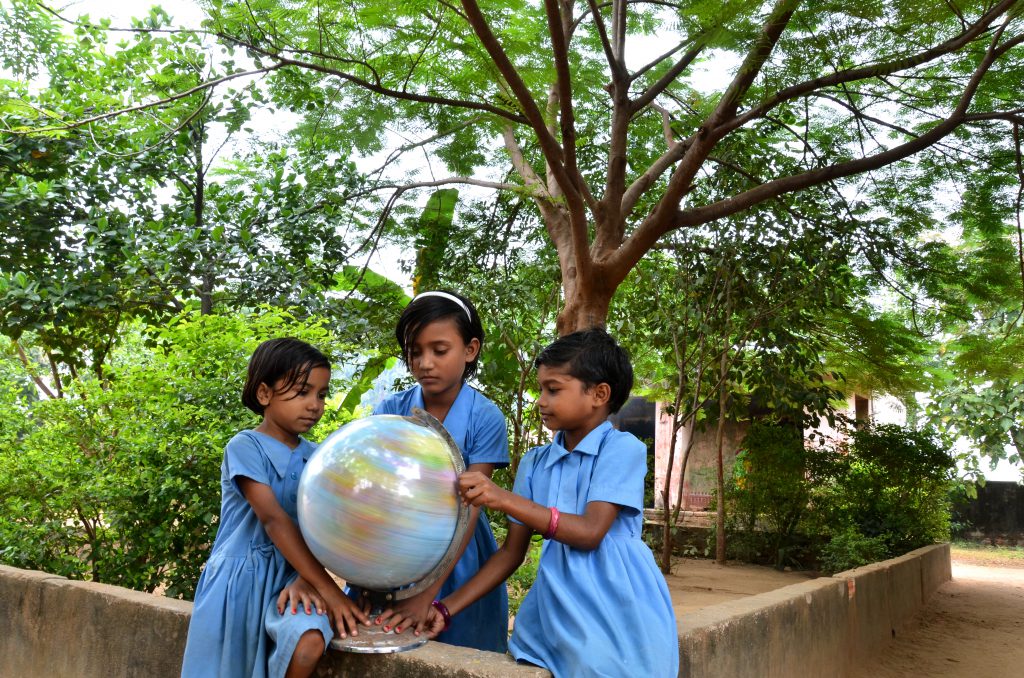




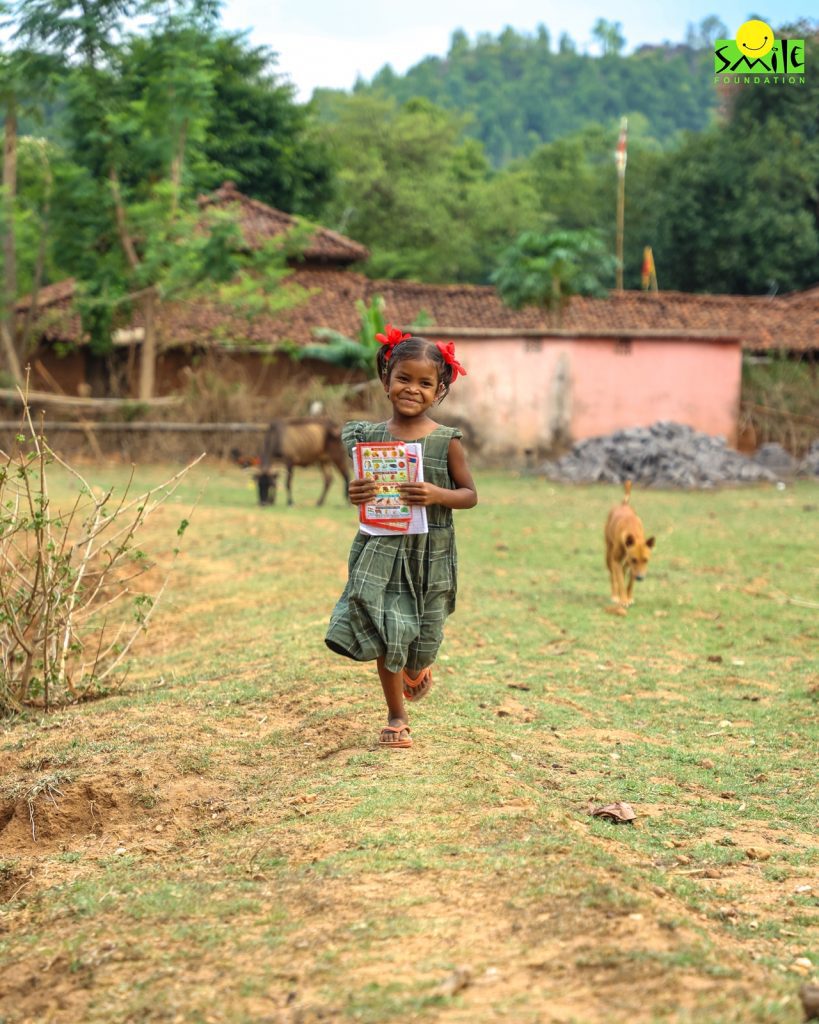

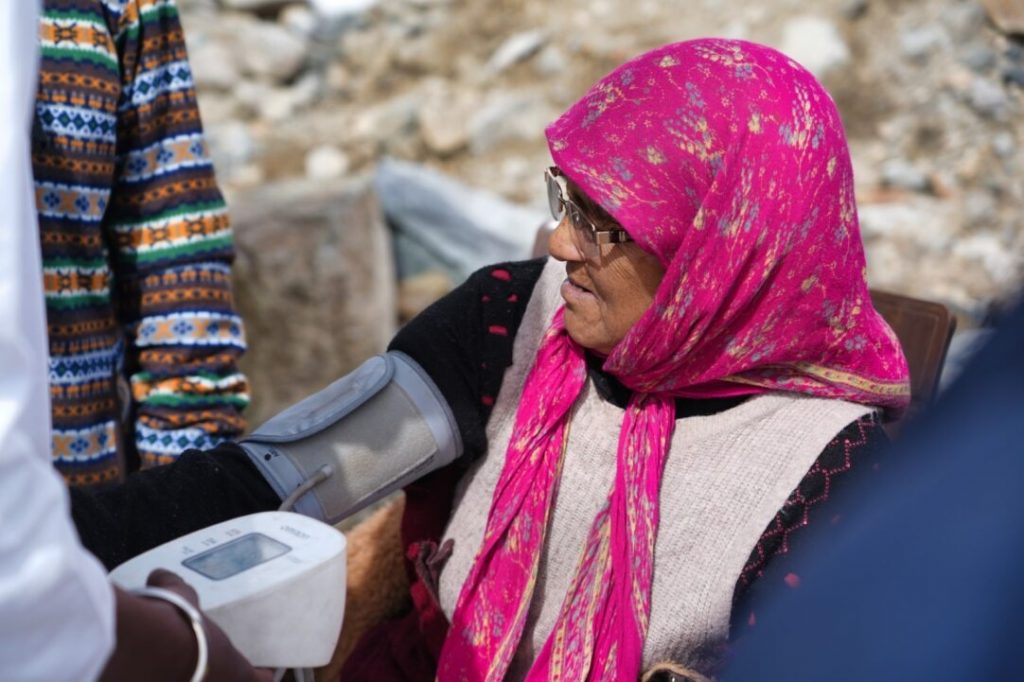
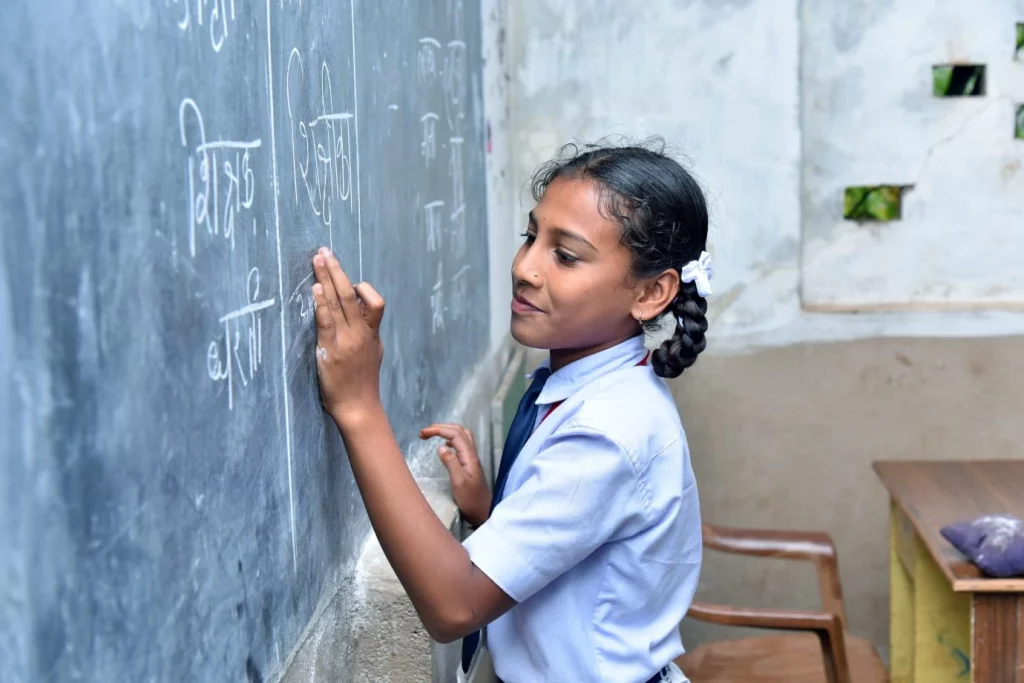
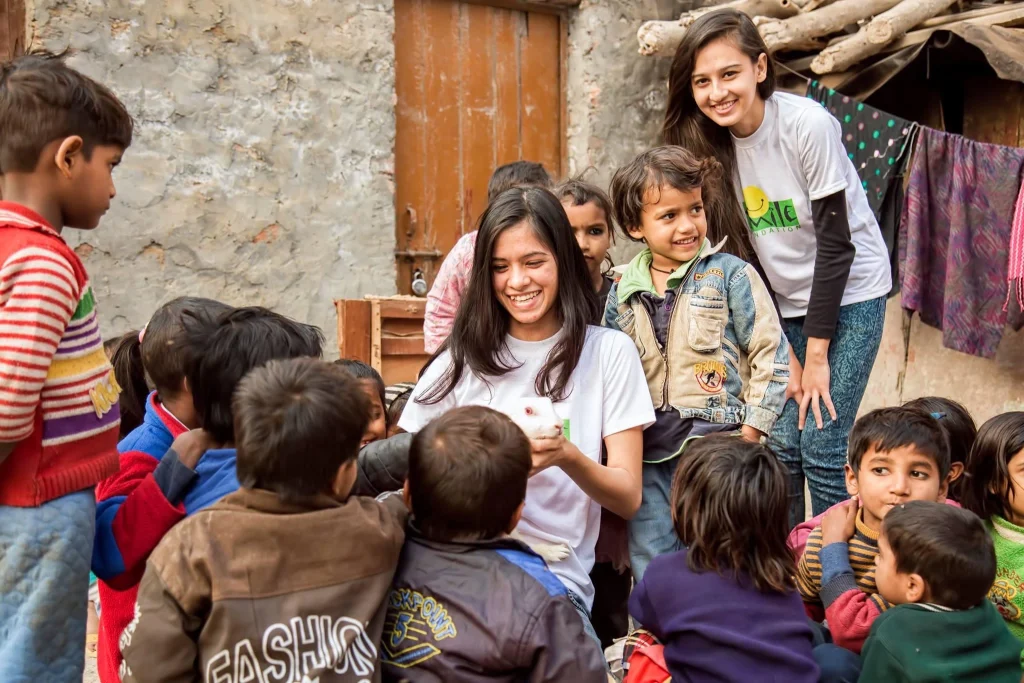
4 replies on “NGO Website Working for Women Education in India”
nice work and thanks for sharing blog
NGO plays key role in the upliftment of women.
NGO plays key role in the upliftment of women.
Hello, This Very Nice Information… All NGO Doing Great Work For Develop Our Nation… Keep Sharing More Content Like This…